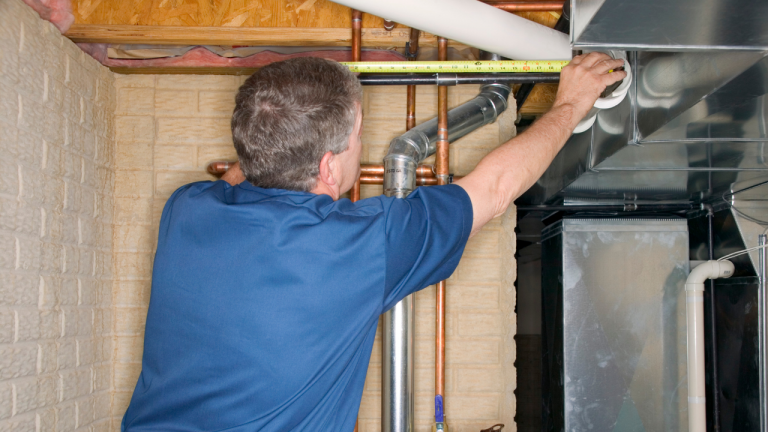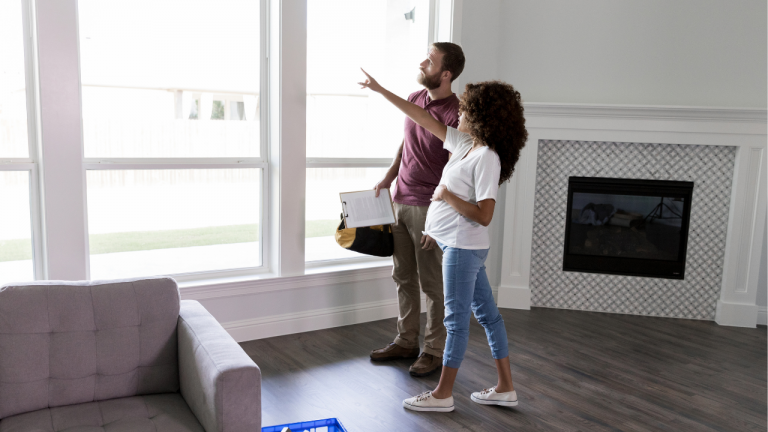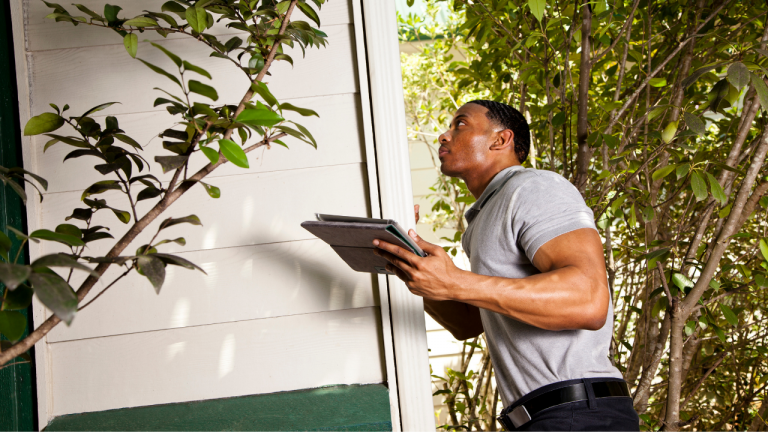Because buying a home is not an everyday task and it happens over time, I find that many clients confuse some of the inspections and the order in which they happen. Here’s a description of what they are and why they typically happen in a particular order. Remember, this is not written in stone and the timing may change depending upon the risk tolerance of the buyers and sellers.
Home Inspection – In our particular market, this is usually the first inspection to take place. The results can break a contract quickly if the parties cannot reach a meeting of the minds and sellers can go back on the active market. Even if a home is being sold “as is,” I advise every buyer to get a home inspection. Every time. Finding problems allows buyers to take calculated risks and possibly renegotiate the contract based on the findings. The SC contract states the following:
Any and all requests necessary to place the heating systems, air conditioning systems, electrical systems, plumbing systems, water supply systems, water waste systems to be conveyed in operative condition, to make the roof free of leaks, to address environmental concerns and to make the improvements structurally sound (Repair Requests) should be delivered by the deadline above.
The bottom line is that HVAC, electrical, plumbing, environmental, and structural issues are the only issues addressed by the contract. Any other deficiencies do not meet the criteria to cancel a contract with no penalty.

Based on the results, buyers may want further inspections to be conducted by contractors who have particular expertise beyond the general qualifications of a home inspector. For example, my clients who purchased an historic home downtown engaged a roof inspector who is an expert in metal roofing in order to quantify the cost of items identified by the home inspection. Similarly, electrical and HVAC contractors are often brought in to address more technical and life/safety issues that are discovered.
In South Carolina, the appraisal typically follows the inspection. The appraisal compares the home and property to other similar properties to establish the value. More often than not, mortgage approval is contingent on the value of the home being sufficient to support the lender’s investment to make the loan. Buyers have the option of requiring that the appraisal equals or exceeds the purchase price and possibly forcing a renegotiation if it does not with no penalty on the deposited funds in escrow.
The termite inspection process for buyers is 100% about risk tolerance. In SC, termite damage is not uncommon and I always counsel buyers to include a clear or “clearable” inspection as contract contingency. I believe it is as important as the home inspection. Inspectors not only check for evidence of active termites but also evidence of wood destroying fungi and elevated moisture levels below the main living level of the house as both attract termites. Once the inspection is complete, a letter called a CL-100 is issued with the results. Often, there are items that once they are repaired or mitigated, they can be “cleared” by a General Contractor for damage or a licensed pest professional for treatment and buyers can then move forward confidently.

Finally, when it comes to inspections, I counsel my buyers to write their contracts so that they themselves pay for the inspections. The contract allows for buyers to request that sellers select the contractor and pay for them, but I do not believe saving those costs provides the most protection. Sellers might select a person that does not have the buyers’ best interests in mind but rather those of the person hiring them and paying the bill. Should something go wrong later, the buyer has no recourse with the inspector if they don’t own the report. After all, you don’t want the seller’s brother-in-law doing the termite inspection!
– Terry Bell-Aby, Realtor®
Mobile 508-627-2988 | Terry@dunesproperties.com

